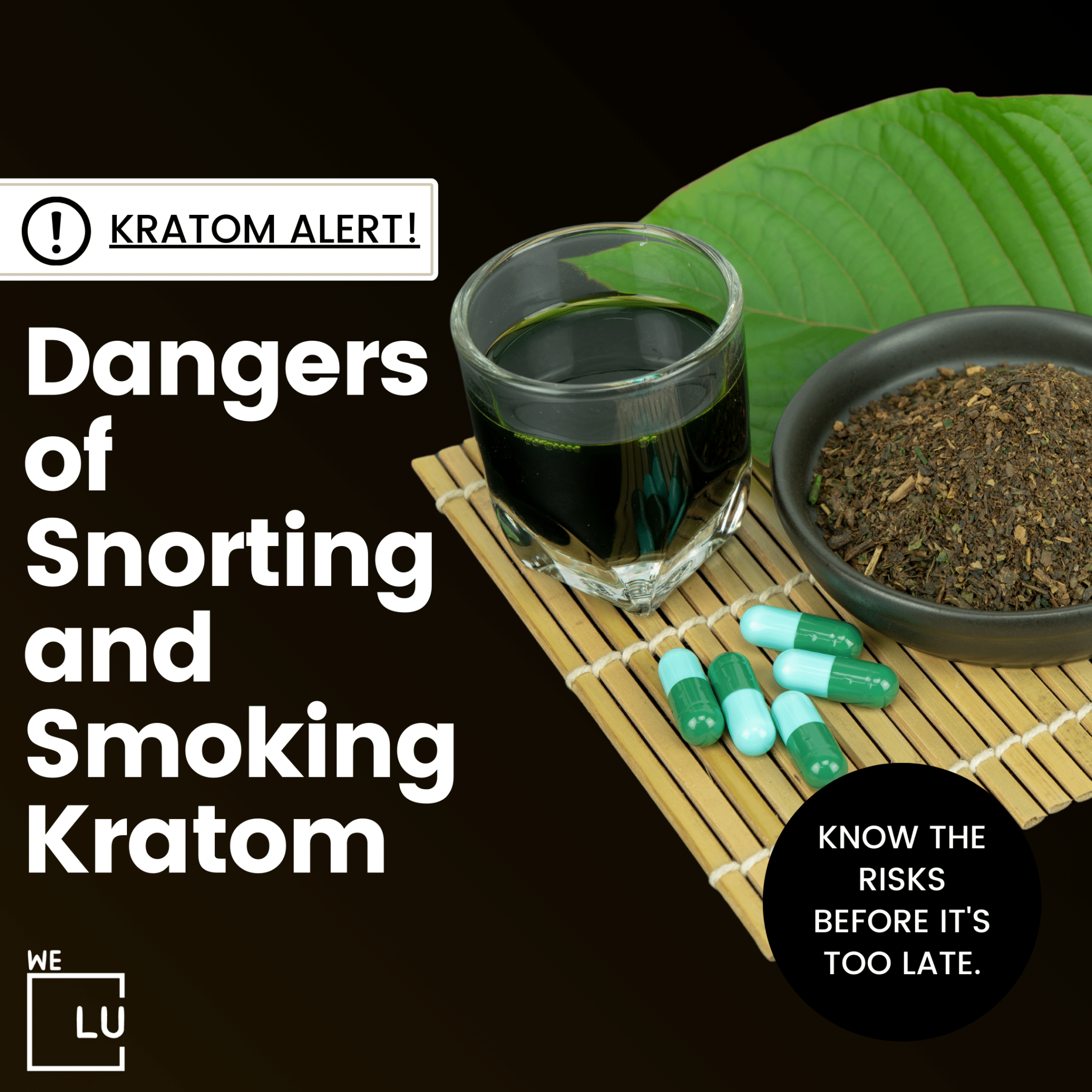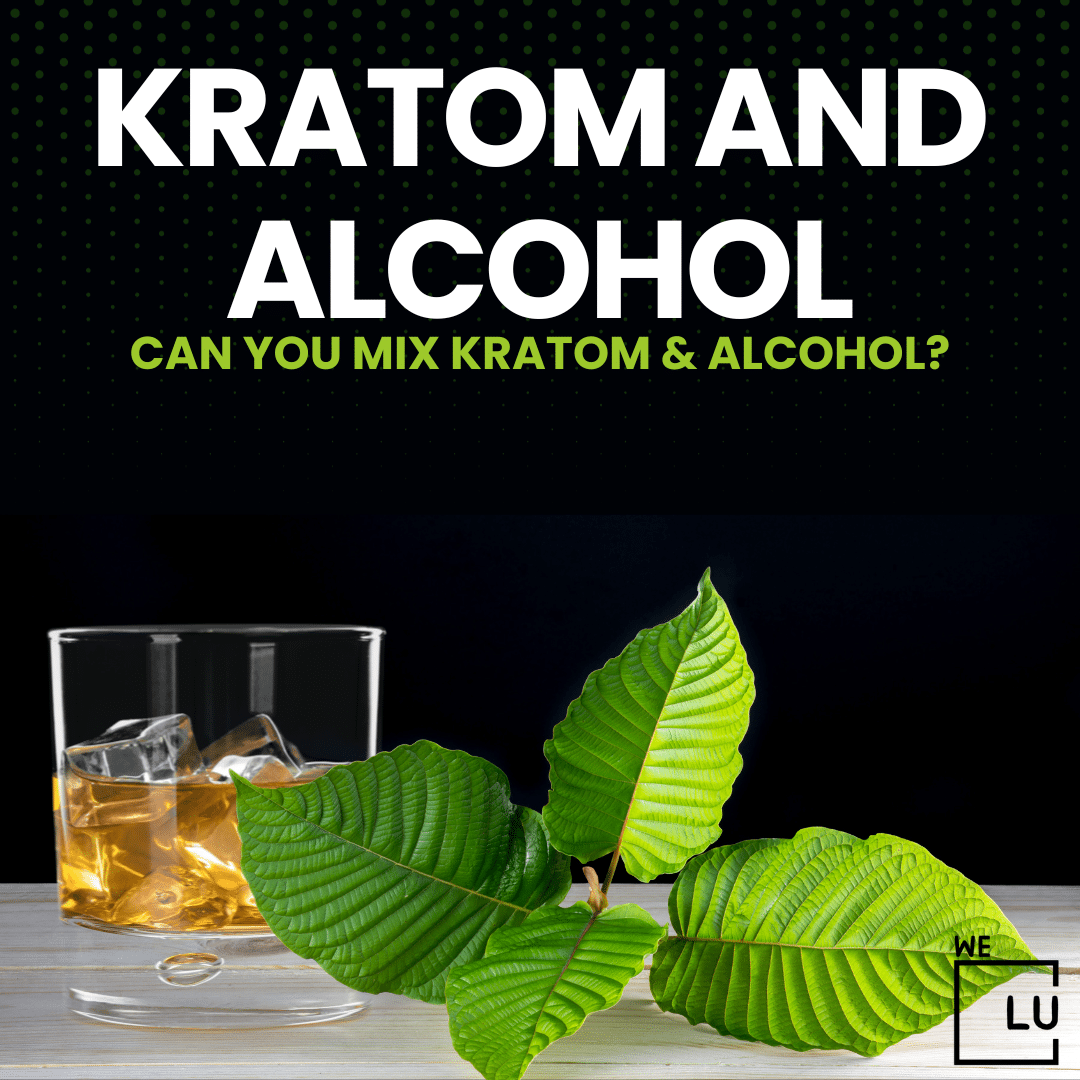“Gas station heroin” is a term used to describe a dietary supplement called tianeptine, which is sold legally in 43 U.S. states. It is commonly referred to as “gas station heroin” because it affects the brain’s opioid and glutamate receptors, similar to opioids and morphine. Despite being marked as extremely dangerous by several federal health organizations, tianeptine is being sold under a sort of legal loophole. The drug is highly addictive and can cause serious health issues that are similar to opioid abuse.
Withdrawals from the drug can mimic the symptoms of opioid toxicity withdrawal, and when taken in high quantities, it can cause agitation, drowsiness, confusion, sweating, rapid heartbeat, high blood pressure, nausea, vomiting, slowed or stopped breathing, coma, and death. The drug has been banned in Ohio and is illegal in Alabama, Georgia, Michigan, Minnesota, and Tennessee.
What Is Gas Station Heroin Zaza (Tianeptine)?
The term “Gas Station Heroin” has been colloquially used to refer to certain over-the-counter products or substances sold in gas stations, convenience stores, or online that may contain tianeptine, an atypical antidepressant. These products are often marketed as dietary supplements or relaxation aids and may be labeled with names like “ZaZa” or other variations.
Tianeptine is not approved by the United States Food and Drug Administration (FDA) for medical use, and its sale for human consumption is not legal in the U.S. However, some individuals have reportedly misused these products, seeking effects similar to opioids. This has raised concerns among health authorities due to the potential for abuse, addiction, and adverse health effects associated with tianeptine.
Referring to a substance as “Gas Station Heroin” is not accurate, as it may create misconceptions about the actual composition and risks associated with these products. The drug itself is not a traditional opioid, and it is undoubtedly not heroin, but it does have effects on the brain that can be similar to opioids when misused.
What Is Tianeptine?
Tianeptine is an atypical antidepressant drug that was first discovered in the 1960s and has been used medically in some countries to treat depression and anxiety disorders. It is not approved for use by the United States Food and Drug Administration (FDA) and is not considered a first-line treatment for depression in many countries.
The primary mechanism of action of tianeptine is complex and not fully understood. Unlike most traditional antidepressants, which are selective serotonin reuptake inhibitors (SSRIs) or other classes of drugs, this drug is often categorized as a selective serotonin reuptake enhancer (SSRE) or serotonin reuptake accelerator. This means that it modulates the serotonin reuptake in the brain, but its exact mechanism is still a research subject.
In some regions, the drug is available by prescription and is used to treat major depressive disorder. However, it has also gained attention due to reports of misuse and abuse. Some individuals have been attracted to it for its opioid-like effects, and it has been sold in some places as a dietary supplement, leading to concerns about its safety and potential for addiction.
Why Is Tianeptine So Dangerous?
Tianeptine can be dangerous for several reasons, particularly when it is misused or abused. Here are some factors contributing to the potential dangers associated with the drug:
- Abuse Potential: It has opioid-like effects, and some individuals may misuse it seeking euphoria or relaxation. This misuse can lead to dependence and addiction.
- Not FDA Approved in the U.S.: It is not approved by the United States Food and Drug Administration (FDA) for medical use. Its safety and efficacy for treating depression have not been established through the rigorous testing required for FDA approval.
- Varied Formulations: It is sometimes sold in unregulated formulations, including dietary supplements, making it challenging for users to know their exact dosage. Inconsistent formulations can increase the risk of overdose.
- Withdrawal Symptoms: Abruptly stopping use can lead to withdrawal symptoms, including anxiety, depression, irritability, and flu-like symptoms. These withdrawal symptoms may contribute to the difficulty of quitting the substance.
- Cardiotoxicity: In cases of overdose or excessive use, it has been associated with adverse cardiovascular effects, including an increased risk of heart problems. This can pose serious health risks, especially in individuals with pre-existing cardiovascular conditions.
- Misleading Marketing: Some products containing tianeptine have been falsely marketed as dietary supplements or herbal remedies, leading consumers to underestimate the potential risks associated with their use.
- Legal and Regulatory Issues: The legal status and regulation of the drug varies by country and region. In some places, it may be available by prescription, while in others, it may be sold without proper oversight, increasing the risk of misuse.
Individuals need to be aware of the potential dangers associated with tianeptine and to use medications only as prescribed by qualified healthcare professionals. If you have concerns about tianeptine use or encounter products labeled inaccurately, it’s advisable to seek guidance from healthcare professionals and regulatory authorities.

Skip To:
Learn More:
- What is a Controlled Substance? Specifics, The Five Schedules of Controlled Substances & Drug Addiction
- Wellbutrin Half Life. How Long Does Wellbutrin Stay In Your System?
- Wellbutrin Half Life. How Long Does Wellbutrin Stay In Your System?
- High-functioning depression, Symptoms, How does it feels, Major Depression Episodes & Treatment
- How To Help a Friend With Depression? Understanding, Expectations, Boundaries, Support & Finding Treatment
- 101 drug addiction quotes to help you on the way to recovery
- Depression And Anxiety Quotes, 101 Positive Quotes to Help You With The Struggle
Is Gas Station Heroin Banned?
Yes, tianeptine is banned in the United States. The U.S. Food and Drug Administration (FDA) has not approved tianeptine for medical use in the country. The drug is classified as a Schedule I controlled substance in Florida and eight other states, including Alabama, Georgia, Indiana, Kentucky, Michigan, Mississippi, Ohio, and Tennessee.
Tianeptine is known to cause a similar high to opioids when taken in larger doses, as well as identical overdose symptoms. It is also just as addictive, especially among those already using illegal substances. The FDA has sent warning letters to manufacturers informing them that supplements containing tianeptine are illegal, as are any claims that the pills treat opioid withdrawal or any other condition.

Get Your Life Back
Find Hope & Recovery. Get Safe Comfortable Detox, Addiction Rehab & Dual Diagnosis High-Quality Care.
Hotline (855) 695-1160Risks Of Taking Tianeptine
Tianeptine is a medication primarily used to treat major depressive disorder in some countries. Like any medication, it comes with potential risks and side effects. It’s important to note that I am not a healthcare professional, and you should always consult with your doctor or a qualified healthcare provider for personalized medical advice. Here are some of the potential risks and side effects associated with taking tianeptine:
- Abuse and Dependence: Tianeptine has been associated with abuse and dependence, especially at higher doses. Some individuals may misuse the medication for its mood-enhancing effects.
- Cardiovascular Effects: Tianeptine has been linked to cardiovascular issues, including changes in heart rate. In some cases, it has been associated with cardiac toxicity.
- Gastrointestinal Distress: Common side effects of tianeptine include nausea and stomach upset. These symptoms can be bothersome for some individuals.
- Allergic Reactions: While rare, some people may experience allergic reactions to tianeptine, such as rash, itching, or swelling. Seek medical attention if you experience these symptoms.
- Liver Function: There have been reports of liver toxicity associated with tianeptine, although this is rare. Regular monitoring of liver function may be recommended in some cases.
- Serotonin Syndrome: Tianeptine affects serotonin levels in the brain. In rare cases, excessive serotonin levels can lead to serotonin syndrome, a potentially serious condition that requires immediate medical attention. Symptoms may include confusion, hallucinations, seizures, extreme changes in blood pressure, increased heart rate, fever, excessive sweating, shivering or shaking, blurred vision, muscle spasm or stiffness, tremor, incoordination, stomach cramp, nausea, vomiting, and diarrhea.
- Interaction with Other Medications: Tianeptine may interact with other medications, potentially leading to adverse effects. It’s crucial to inform your healthcare provider about all the medications, supplements, and substances you are taking.
- Withdrawal Symptoms: Abruptly stopping tianeptine can lead to withdrawal symptoms, including anxiety, irritability, insomnia, and flu-like symptoms. Tapering off the medication under medical supervision is recommended.
Take tianeptine exactly as prescribed by your healthcare provider and to promptly report any side effects or concerns. Never self-adjust your dosage without consulting your doctor. If you are considering starting or stopping tianeptine, or if you have any concerns about its use, it’s essential to discuss this with your healthcare provider to make informed decisions about your treatment plan.
Get Help. Get Better. Get Your Life Back.
Searching for an Accredited Drug and Alcohol Rehab Centers in Near You?
Even if you have failed previously and relapsed, or are in the middle of a difficult crisis, we stand ready to support you. Our trusted behavioral health specialists will not give up on you. When you feel ready or just want someone to speak to about therapy alternatives to change your life call us. Even if we cannot assist you, we will lead you to wherever you can get support. There is no obligation. Call our hotline today.
FREE Addiction Hotline – Call 24/7
Tianeptine Side Effects
When used as prescribed under medical supervision, Tianeptine may have side effects, but they are typically mild and transient. However, when the substance is misused or abused, the risk of experiencing adverse effects increases.
- Common Side Effects (When Used as Prescribed):
- Nausea.
- Abdominal discomfort.
- Constipation.
- Dizziness.
- Headache.
- Insomnia or sleep disturbances.
- Sweating.
- Less Common Side Effects:
- Blurred vision.
- Dry mouth.
- Fatigue.
- Weight changes.
- Serious Side Effects (More likely with Misuse/Abuse):
- Dependence and addiction: Its use has been associated with the development of physical dependence, and sudden cessation can lead to withdrawal symptoms.
- Respiratory depression: In cases of overdose or misuse, it can cause respiratory depression, which is a serious and potentially life-threatening condition.
- Cardiotoxicity: Excessive use may lead to cardiovascular issues, including an increased risk of heart problems.
Tianeptine is not approved for use in the United States, and its safety profile is not well-established, primarily when used outside medical supervision. Additionally, due to the potential risks associated with the misuse of tianeptine, regulatory authorities, including the FDA, have issued warnings about its availability in certain products and emphasized the importance of avoiding unapproved uses.
Comfortable Facilities & Amenities
High-Quality Addiction & Mental Health Rehabilitation Treatment
Rehab Centers TourRenowned California Addiction Center. Serene Private Facilities. Inpatient rehab programs vary.
Addiction Helpline (855) 695-1160Proven recovery success experience, backed by a Team w/ History of:
15+
Years of Unified Experience
100s
5-Star Reviews Across Our Centers
10K
Recovery Success Stories Across Our Network
- Low Patient to Therapist Ratio
- Onsite Medical Detox Center
- Comprehensive Dual-Diagnosis Treatment
- Complimentary Family & Alumni Programs
- Coaching, Recovery & Personal Development Events
Is Tianeptine addictive?
Yes, tianeptine has the potential for addiction, significantly when it is misused or abused. It is an atypical antidepressant that has opioid-like effects, and some individuals may misuse it to achieve feelings of euphoria or relaxation. The misuse of tianeptine can lead to the development of physical dependence, tolerance, and addiction.
How Long Does It Take To Get Addicted To Tianeptine?
The time it takes for an individual to become addicted can vary based on several factors, including dosage, frequency of use, individual susceptibility to addiction, and whether the substance is being used as prescribed or misused. Tianeptine has been reported to have abuse potential, and some individuals may develop a dependence on the drug with repeated use.
When it is used as prescribed for treating depression under the supervision of a healthcare professional, the risk of addiction is generally considered to be lower; however, when it is misused—taken in more significant amounts or more frequently than prescribed or used recreationally—the risk of addiction increases.
The development of dependence and addiction to tianeptine may be influenced by factors such as:
- Dosage: Higher doses may be more likely to lead to dependence.
- Frequency of Use: Using more frequently than prescribed increases the risk of developing tolerance and dependence.
- Individual Factors: Genetic and psychological factors can influence an individual’s susceptibility to addiction.
- Previous Substance Use: Individuals with a history of substance abuse may be more prone to developing dependence on tianeptine.
Tianeptine is not approved for use in the United States, and its safety profile, especially regarding the potential for dependence and addiction, is not well-established. Misuse of tianeptine can lead to serious health consequences, and individuals are strongly advised to use medications only as prescribed by qualified healthcare professionals.

World-class, Accredited, 5-Star Reviewed, Effective Addiction & Mental Health Programs. Complete Behavioral Health Inpatient Rehab, Detox plus Co-occuring Disorders Therapy.
CALL (855) 695-1160End the Addiction Pain. End the Emotional Rollercoaster. Get Your Life Back. Start Drug, Alcohol & Dual Diagnosis Mental Health Treatment Now. Get Free No-obligation Guidance by Substance Abuse Specialists Who Understand Addiction & Mental Health Recovery & Know How to Help.

Tianeptine Withdrawal
Tianeptine is an atypical antidepressant with opioid-like effects, and withdrawal symptoms can manifest in those who have developed a physical dependence on the substance.
Common withdrawal symptoms include:
- Anxiety: Feelings of unease and nervousness.
- Depression: Persistent low mood, sadness, or feelings of hopelessness.
- Irritability: Increased irritability and emotional sensitivity.
- Insomnia: Difficulty falling asleep or staying asleep.
- Flu-like symptoms: Body aches, chills, sweating, and other flu-like sensations.
- Gastrointestinal Distress: Nausea, vomiting, diarrhea, and stomach cramps.
- Fatigue: Persistent tiredness and lack of energy.
The severity and duration of withdrawal symptoms can vary depending on factors such as the individual’s dosage, duration of use, and overall health. Abruptly stopping tianeptine can lead to severe withdrawal symptoms, and medical supervision is often necessary to ensure a safe and manageable withdrawal process. Healthcare professionals may recommend a gradual tapering-off approach to minimize the intensity of withdrawal symptoms.
If you or someone you know is experiencing withdrawal symptoms, consult with a healthcare professional for guidance and support. They can provide appropriate strategies to manage withdrawal symptoms and may offer assistance in addressing any underlying mental health issues that may have contributed to the use of tianeptine.
Experience Transformative Recovery at the We Level Up California Treatment Center.
See our authentic success stories. Get inspired. Get the help you deserve.



Start a New Life
Begin with a free call to an addiction & behavioral health treatment advisor. Learn more about our dual-diagnosis programs. The We Level Up treatment center network delivers recovery programs that vary by each treatment facility. Call to learn more.
- Personalized Care
- Caring Accountable Staff
- World-class Amenities
- Licensed & Accredited
- Renowned w/ 100s 5-Star Reviews
We’ll Call You
Powerful Addiction Quotes & Inspirational Quotes Addiction Recovery & Quotes for Recovery Addicts.
Search We Level Up CA Gas Station Heroin Zaza (Tianeptine) Drug & Alcohol Rehab / Detox & Mental Health Topics & Resources
Sources
- NJ Department of Health – Health Alert: Tianeptine or “Gas Station Heroin” – https://www.nj.gov/health/populationhealth/documents/healthalerttianeptine.pdf related article: zaza tianeptine, gas station heroin tianeptine, zaza gas station heroin
- Wagstaff AJ, Ormrod D, Spencer CM. Tianeptine: a review of its use in depressive disorders. CNS Drugs. 2001;15(3):231-59. doi: 10.2165/00023210-200115030-00006. PMID: 11463130. related: what is tianeptine, tianeptine side effects
- Wilde MI, Benfield P. Tianeptine. A review of its pharmacodynamic and pharmacokinetic properties, and therapeutic efficacy in depression and coexisting anxiety and depression. Drugs. 1995 Mar;49(3):411-39. doi: 10.2165/00003495-199549030-00007. Erratum in: Drugs 1995 Jul;50(1):156. PMID: 7774514.
- FDA – “Tianeptine Products Linked to Serious Harm, Overdoses, Death” – https://www.fda.gov/consumers/consumer-updates/tianeptine-products-linked-serious-harm-overdoses-death related article: zaza tianeptine, gas station heroin tianeptine, zaza gas station heroin
- DEA – Tianeptine – https://www.deadiversion.usdoj.gov/drug_chem_info/tianeptine.pdf
- El Zahran T, Schier J, Glidden E, et al. Characteristics of Tianeptine Exposures Reported to the National Poison Data System — United States, 2000–2017. MMWR Morb Mortal Wkly Rep 2018;67:815–818. DOI: http://dx.doi.org/10.15585/mmwr.mm6730a2.
- Wagner ML, Pergolizzi J Jr, LeQuang JAK, Breve F, Varrassi G. From Antidepressant Tianeptine to Street Drug ZaZa: A Narrative Review. Cureus. 2023 Jun 20;15(6):e40688. doi: 10.7759/cureus.40688. PMID: 37485121; PMCID: PMC10359047.
- Edinoff AN, Sall S, Beckman SP, Koepnick AD, Gold LC, Jackson ED, Wenger DM, Cornett EM, Murnane KS, Kaye AM, Kaye AD. Tianeptine, an Antidepressant with Opioid Agonist Effects: Pharmacology and Abuse Potential, a Narrative Review. Pain Ther. 2023 Oct;12(5):1121-1134. doi: 10.1007/s40122-023-00539-5. Epub 2023 Jul 15. PMID: 37453966; PMCID: PMC10444703.
- Lauhan R, Hsu A, Alam A, Beizai K. Tianeptine Abuse and Dependence: Case Report and Literature Review. Psychosomatics. 2018 Nov;59(6):547-553. doi: 10.1016/j.psym.2018.07.006. Epub 2018 Jul 19. PMID: 30149933.
- Agabio R, Trogu E, Pani PP. Antidepressants for the treatment of people with co-occurring depression and alcohol dependence. Cochrane Database Syst Rev. 2018 Apr 24;4(4):CD008581. doi: 10.1002/14651858.CD008581.pub2. PMID: 29688573; PMCID: PMC6494437.




